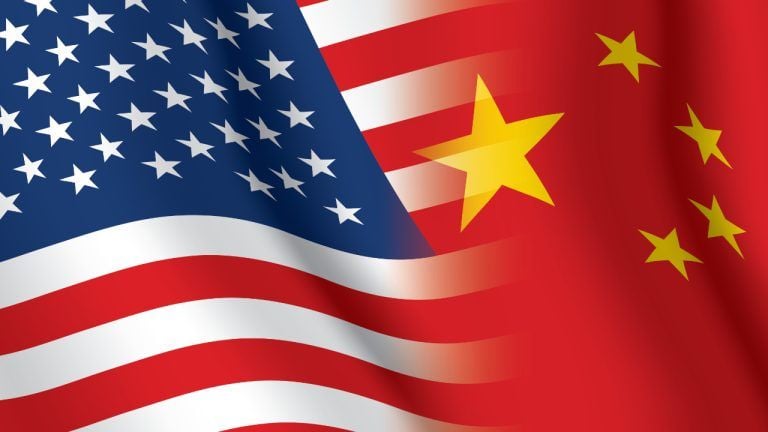
The escalating tensions between the United States and China regarding their trade deficit have attracted significant attention, raising concerns about the economic vulnerabilities and challenges faced by both countries. This issue is further complicated by the dynamics within the BRICS group of emerging economies and the risks present in global supply chains, highlighting the urgent need for discussions on enhancing America's global competitiveness.
The trade deficit between the U.S. and China has been a longstanding issue, with the U.S. importing significantly more goods from China than it exports. This trade imbalance has fueled disputes between the two economic powerhouses, leading to trade tensions and tariff wars in recent years. The current focus on this deficit has reignited debates on the impact it has on the American economy and its global standing.
The situation is made more complex by the involvement of the BRICS nations – Brazil, Russia, India, China, and South Africa. These emerging economies play a crucial role in the global market and have the potential to reshape the economic landscape. The challenges and opportunities presented by the BRICS alliance further complicate the discussions around the U.S.–China trade deficit. As these countries continue to grow and assert their influence, the dynamics of international trade and cooperation are evolving rapidly.
Moreover, the issue of global supply chain risks adds another layer of complexity to the debate. The interconnected nature of supply chains means that disruptions in one part of the world can have far-reaching consequences across various industries and economies. The COVID-19 pandemic, for example, exposed the vulnerabilities of global supply chains and highlighted the need for resilience and diversification.
In light of these challenges, there is a growing recognition of the importance of addressing America's global competitiveness. The United States is facing increasing pressure to enhance its economic resilience, promote innovation, and strengthen its position in the global market. The debates sparked by the U.S.–China trade deficit are part of a larger conversation on how the country can navigate the shifting dynamics of the international economy and secure its place as a leading economic power.
Overall, the discussions around the U.S.–China trade deficit, BRICS relations, and supply chain risks underscore the complexities and interdependencies of the global economy. As countries grapple with these challenges, the need for cooperation, strategic planning, and adaptation becomes more apparent. Finding sustainable solutions to these issues will be crucial for promoting economic stability and prosperity in an increasingly interconnected world.

Leave a Reply